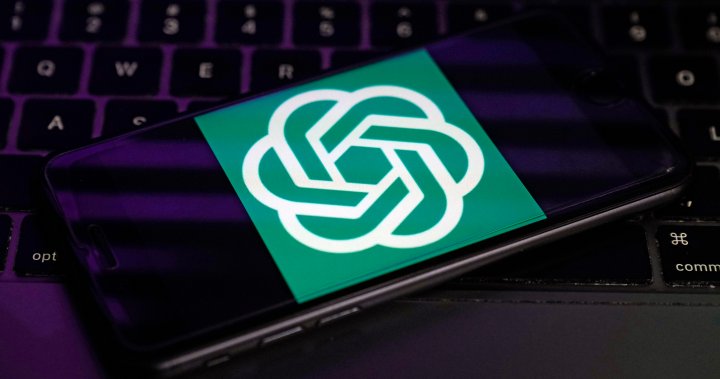
ChatGPT: Is it a good or bad thing? Canadians are divided, poll suggests
Global News
However, those who said they know of ChatGPT are far more likely to feel that it’s a good thing, compared to those who have not, an Ipsos poll found.
Canadians are split as to whether the emergence of a new artificial intelligence tool is either good or bad for society, a new poll suggests.
However, those who said they know of ChatGPT are far more likely to feel that it’s a good thing, compared with those who have not, an Ipsos poll conducted exclusively for Global News last month found.
“Most of the attitudes about ChatGPT are driven simply by familiarity with the concept,” said Sean Simpson, senior vice president of public affairs at Ipsos.
“It’s a classic case of fear of the unknown. There’s trepidation out there when it comes to technological innovation.”
Released to the public last November by developer OpenAI, ChatGPT can be anything the user makes of it — it can take on the role of a chef and provide recipes, make business plans for marketers, create press releases for public relations specialists or give advice like a therapist.
Microsoft, which has backed OpenAI, plans to integrate the technology into some of its products. Vehicle manufacturer General Motors is exploring uses for ChatGPT as part of its broader collaboration with Microsoft.
Its extremely popular uptake has led to rivals introducing similar products like Google’s Bard and Baidu’s Ernie. However, ChatGPT’s emergence hasn’t been met with widespread praise: concerns around misinformation and plagiarism have emerged. OpenAI said on Jan. 31 it was releasing a new tool that can help teachers detect work not written by the student who submitted it.
It also last week released GPT-4, an upgraded ChatGPT that can now analyze not only text, but images as well. The addition of “computer vision” allows the AI’s users to input photos and drawings, which the model can analyze and, seemingly, understand.











